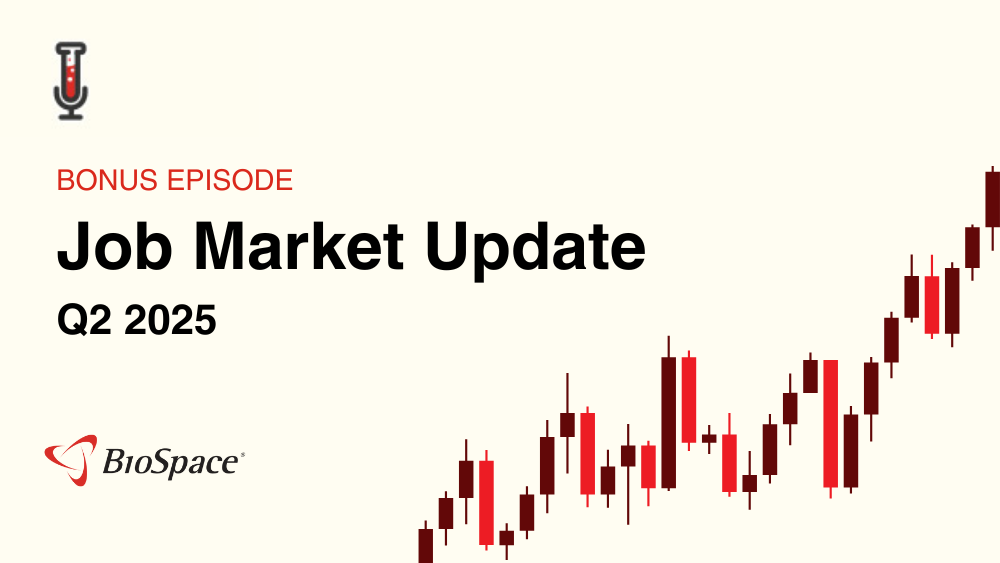January 30, 2017
By Mark Terry, BioSpace.com Breaking News Staff
Danish company Novo Nordisk announced it is sinking 115 million pounds ($145 million, US) into a new British research center. The money will be invested over a 10-year period and focused on a center at the University of Oxford (UK). It expects to employ about 100 scientists to work on new treatments for type 2 diabetes.
The investment caught some off guard, because of the Brexit vote and the eventual exit from the European Union by Great Britain. Mads Krogsgaard Thomsen, Novo Nordisk’s chief scientific officer, told Reuters, “There’s no doubt that Brexit created uncertainty for a period in our deliberations. It is unfortunate, but we’ve passed that challenge and I’m convinced we’ve no need to worry…Oxford is a worldwide powerhouse in medicine.”
The UK Treasury minister, David Gauke, told Reuters that Novo Nordisk’s investment was “a vote of confidence in the UK’s position as a world-leader in science and research.” Or, it may simply be market dynamics. Tim Worstall, writing for Forbes, notes that Brexit pushed the value of the pound down “and now the investment being made buys more British science and more British scientists for the same amount.”
The Danish krone is tied to the euro (2.25 percent either side of the mid-rate, according to Worstall), and the euro has risen against the pound since the Brexit vote. “It is now cheaper for a Danish company to buy more British science,” Worstall writes. “Thus, given the usual workings of prices and incentives, we shouldn’t be all that surprised as a Danish company buying more of this now cheaper British science. That tends to be the way that prices and markets do work after all.”
The Novo Nordisk Research Centre in Oxford will be directed by James Johnson, currently a professor at the Department of Cellular and Physiological Sciences and the Department of Surgery at the University of British Columbia. Johnson’s area of expertise is pancreatic biology, insulin activity, diabetes and related conditions.
“Our vision is that the unique combination of industrial and academic know-how will eventually lead to a new generation of treatments to improve the lives of people with type 2 diabetes,” Thomsen said in a statement.
“Employees at Novo Nordisk Research Centre Oxford and researchers at the University of Oxford,” said John Bell, Regius Professor of Medicine at the University of Oxford, said in a statement, “will have the opportunity for daily interaction to share knowledge and insights that will potentially produce new medicines for people living with type 2 diabetes and its complications. We see the collaboration with Novo Nordisk as an outstanding opportunity to mix competence embedded at our campus with Novo Nordisk’s groundbreaking research and results in diabetes.”
Great Britain leaving the European Union is not yet a done deal. Britain’s Supreme Court ruled last week that the UK government was required to hold a parliament vote before triggering Article 50 of the Lisbon Treaty, which would activate the Brexit. A spokesperson for British Prime Minister Theresa May, however, said that, “The British people voted to leave the EU, and the government will deliver on their verdict—triggering Article 50, as planned, by the end of March. Today’s ruling does nothing to change that.”
One major change for biopharma expected with the Brexit involves the European Medicines Agency, the pharmaceutical regulatory agency for the European Union. It is currently headquartered in London, and if and when Brexit occurs, is expected to leave the UK.
In addition to a great deal of certainty, it appears to be causing a brain drain at the agency. Since the referendum, seven senior EMA executives have resigned, which is more than in the last 10 years’ total. And a survey of staff indicated that approximately 50 percent of EMA staffers said they would leave the agency if it relocated to an undesirable city. There are currently 890 people in the agency, which also plays host annually to 36,000 national regulators and scientists each year.





